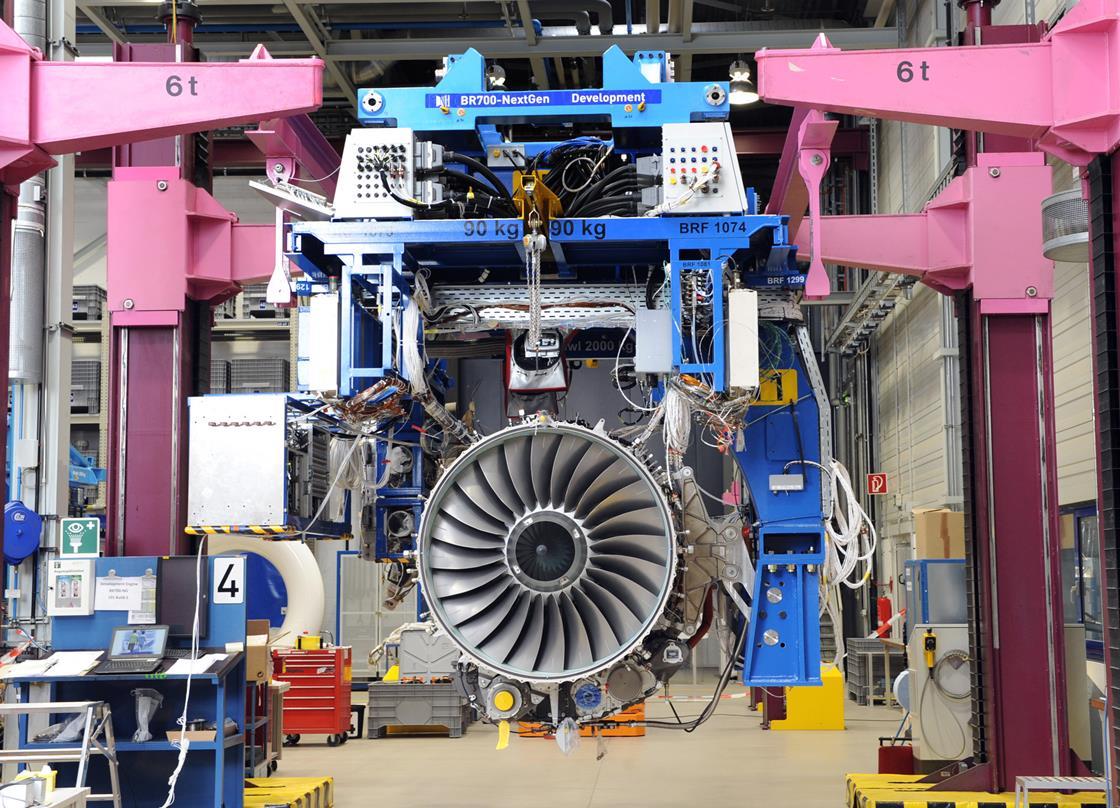Rolls-Royce Advances Hydrogen-Powered Business Jet Engine Trials
Key Ideas
- Rolls-Royce is progressing with ground tests of a modified Pearl 15 business jet engine to run on gaseous hydrogen, following successful system and component tests.
- The company aims to conduct full engine trials later this year, building upon earlier hydrogen tests and focusing on addressing challenges like engine shutdown modifications.
- Rolls-Royce's German unit is also leading a Clean Aviation-funded project, CAVENDISH, with a consortium including major airframers to develop technologies for liquid hydrogen turbine engine use.
- The initiative seeks to deliver mature technology by 2026 to support potential airframe decisions, with flight testing projected after this period under Clean Aviation's Phase 2.
Rolls-Royce, headquartered in the UK, is making significant strides in the development of hydrogen-powered aviation engines. The company is set to conduct ground runs later this year on a Pearl 15 business jet engine adapted to run on gaseous hydrogen. This advancement follows a series of successful system and component tests that have paved the way for full engine trials. Simon Burr, Rolls-Royce's group director of engineering, expressed confidence in the project's progress, highlighting the importance of addressing challenges such as modifying engine shutdown procedures to accommodate hydrogen combustion. The company's German unit is leading the CAVENDISH project, aimed at developing technologies for running turbine engines on liquid hydrogen, with participation from major airframers like Dassault Aviation, Embraer, and Fokker Next Gen.
CAVENDISH, initiated in January 2023 and scheduled until December 2026, focuses on system integration, aircraft powerplant integration, and defining certification pathways. The project aims to deliver mature technology by 2026 to support future airframe decisions and potentially contribute to Clean Aviation's Phase 2. Flight testing is anticipated post-2026, aligning with the project's objectives. With the involvement of leading airframers, the consortium is well-positioned to address the opportunities and challenges associated with hydrogen propulsion at a platform level. Rolls-Royce emphasizes the dual benefits of the technology developed for hydrogen engines, noting its relevance to conventional gas turbines as well.
Topics
Aviation
Clean Energy
Sustainability
Development
Aerospace
Technology Testing
Engine Technology
Future Of Flight
Latest News
